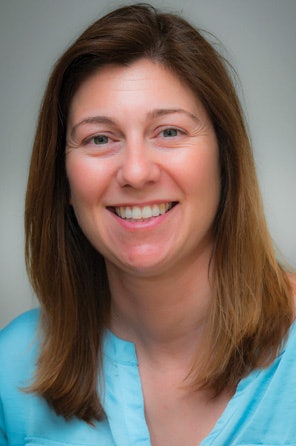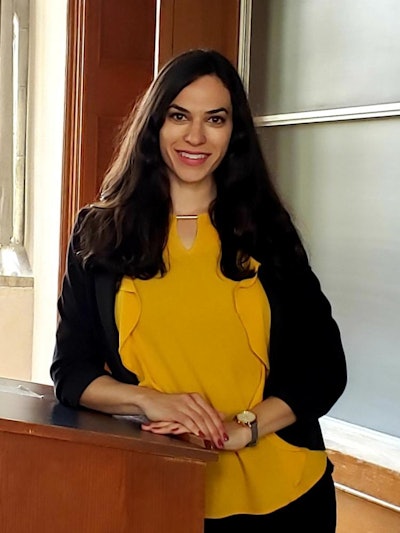Community colleges are designed to serve and meet the needs of the communities where they reside. That’s why Hudson County Community College (HCCC) has decided to offer a certificate of proficiency in social justice and an A.S. degree in Human Services, Social Justice Advocacy.
“We provide an education for a diverse group of people, and many of them are part of groups that have been experiencing social injustices,” said Dr. Denise Rossilli, an associate professor and coordinator of the human services program at HCCC. “We felt that it was a need of our community to empower them with the education to help reform these inequities and give them the tools needed to do this.”
 Dr. Denise Rossilli, associate professor and coordinator of the human services program at Hudson County Community College.
Dr. Denise Rossilli, associate professor and coordinator of the human services program at Hudson County Community College.
The careers that can come from the certificate and degree programs at these two institutions vary from positions in civic leadership, community organizations and human services, to the continuation of study at a four-year college. Regardless of where the students take their newly honed skills, experts believe that lessons learned in the classroom will lead to the betterment of their communities.
In Hudson County, NJ, where HCCC is located, 43% of residents were born outside of the U.S. Fifty-eight percent of residents are non-native English language speakers, and 16% of residents live below the line of poverty. Rossilli said many of her students come from a lower socioeconomic status. Just under three quarters of students receive some kind of financial aid. Fifty-five percent of the students at HCCC are Latinx and 13% are Black.
“[These students] have experienced social injustices in various forms during their lives—giving them his major and education helps empower them to make changes so others will not experience what they have,” said Rossilli. “HCCC has two overarching institutional priorities of student success and diversity, equity, and inclusion. The Social Justice Advocacy option and certificate really ‘live’ both of these priorities.”
 Dr. Nicole Jacoberger, assistant professor of history and co-coordinator of the diversity and social justice A.A. degree at Camden County College.
Dr. Nicole Jacoberger, assistant professor of history and co-coordinator of the diversity and social justice A.A. degree at Camden County College.





















